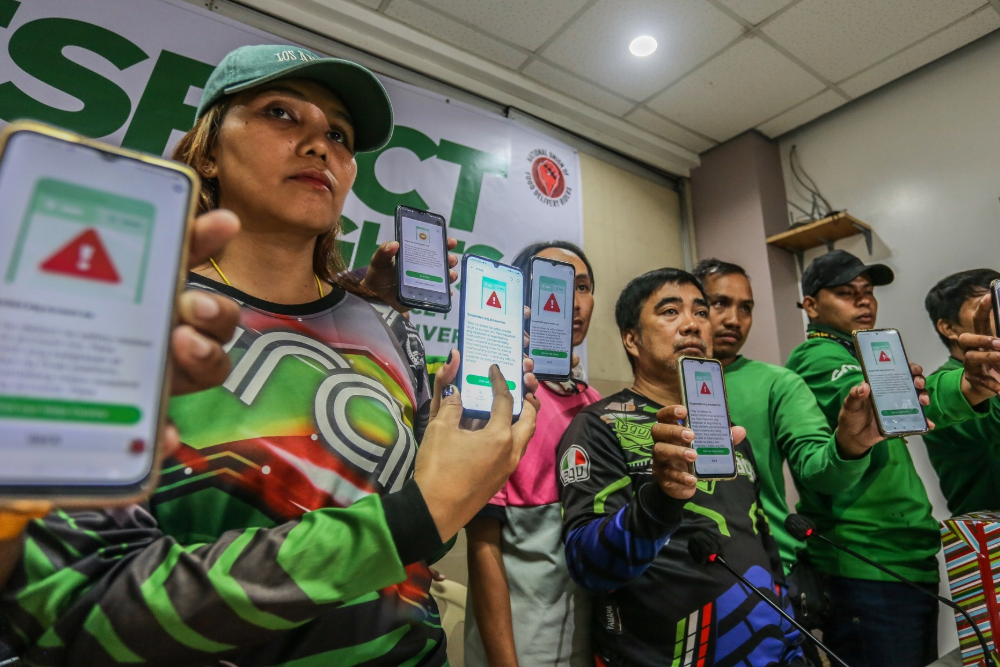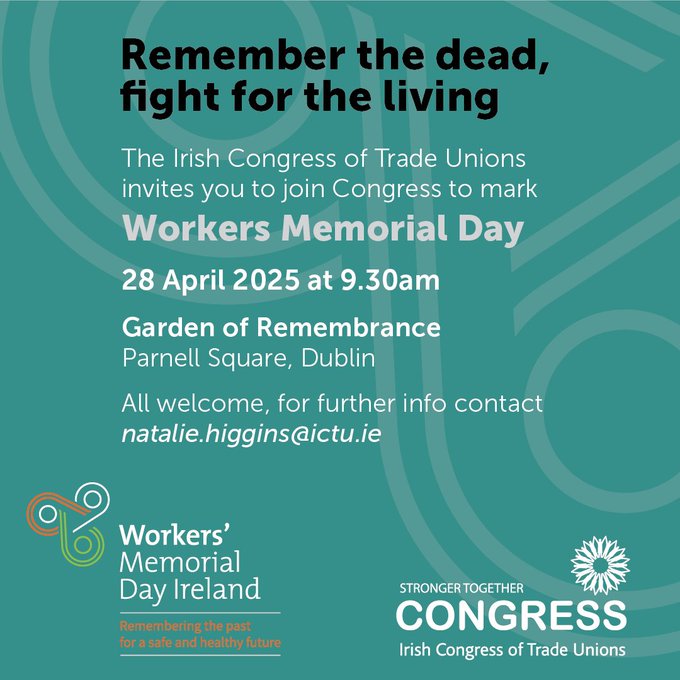AI is transforming the world of work at unprecedented speed. But behind the promise of innovation lies a darker reality: algorithmic management, constant surveillance, impossible productivity targets, and dangerous working conditions. Technology is being used not to improve working conditions and safety, but to exploit them — putting lives and health at risk.
- AI-driven management is already intensifying pressure on 427 million workers worldwide.
- 80% of large employers use AI to track individual worker productivity.
- Workers are facing burnout, injuries and unbearable stress from non-stop monitoring, unrealistic targets and zero input on how technology is used.
“Too often artificial intelligence is being deployed not as a tool for progress but as a weapon against workers.”ITUC General Secretary Luc Triangle
“From warehouses to hospitals, delivery bikes to data labs, workers are under pressure like never before. The deployment of new technologies must respect the norms of any other changes in the workplace: workers have a right be consulted and included. This basic, democratic, workplace right will ensure the use of AI is designed with safety, fairness and dignity at is core. Workers and their unions must have a seat at the table for the benefit of all.”
Deployment of new technologies, such as AI, without proper consultation with workers and their unions is already causing serious problems around the world:
- In the Philippines, 19-year-old delivery rider Jasper Dalman died while working for Foodpanda. His union, RIDERS-SENTRO, won recognition and insurance rights after his death highlighted the deadly consequences of algorithmic exploitation that set impossible productivity targets.
- In Turkey, TikTok content moderators employed by Telus were sacked after organising against inhumane AI-managed workloads and trauma-inducing content.
- In the US, nurses working through platforms face AI-controlled shift apps that bypass worker protections that create dangerous conditions for them and their patients.
The ITUC is calling for:
- Full involvement of unions in the design and deployment of workplace AI.
- Transparent, human-centred technology that upholds rights and safety.
- A binding ILO Convention on platform work to protect all workers in the digital economy.
This 28 April, we remember the dead – and fight for the living. Technology should work for us, not against us.
The new ITUC report, ‘Artificial intelligence and digitalisation: A matter of life and death for workers’, identifies the physical and psychosocial harms at work when these technologies are introduced without consulting workers. Check out the campaign materials.
https://www.ituc-csi.org/International-Workers-Memorial-Day-2025




